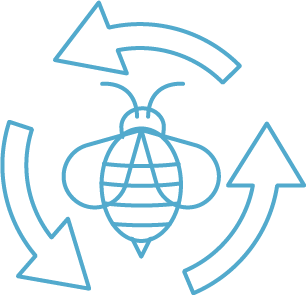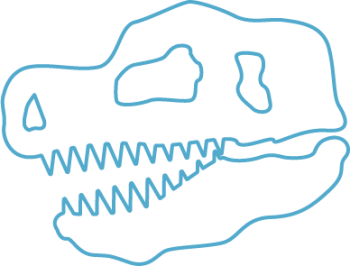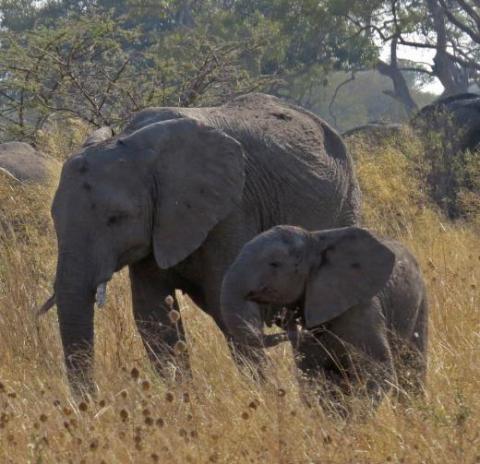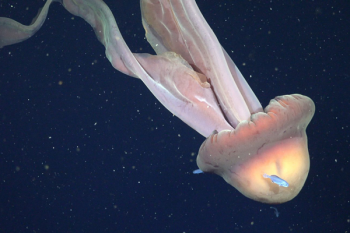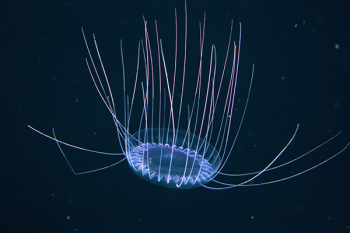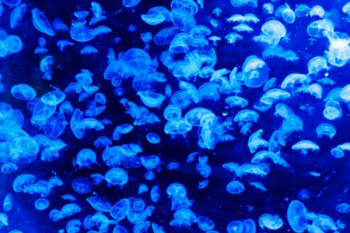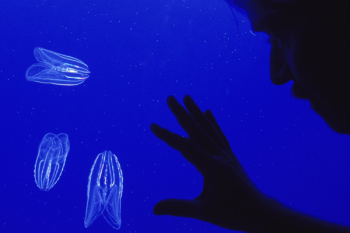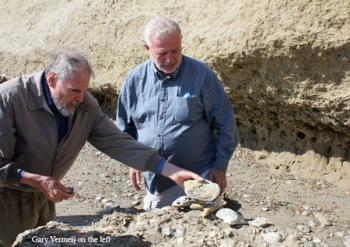Mammals that evolved in stable climate conditions can’t adapt fast enough. Climate change has already impacted half of the mammals on earth. Many that move north to a cooler climate don’t find enough food. Here is a US Forest Service article about the issues and possible management options. Pikas are considered an indicator species, but they may be adapting.
Since fish are mobile, scientists thought their growth wouldn’t be affected by ocean acidification. But more carbon in the ocean may lead to smaller fish. As the oceans get warmer many fish species have already moved north to cooler temperatures, or deeper to cooler temperatures.
Many birds have a small window of opportunity for successful breeding. With global warming that breeding window is shrinking, putting bird populations as risk. Also migrating birds may arrive at their breeding grounds before there is enough food. Here is a US Forest Service article about birds and climate change.
Amphibians are particularly vulnerable to changing climate conditions. Here’s a comprehensive article.
Sea turtles will be impacted by ocean conditions as well as changes to their breeding beaches.

